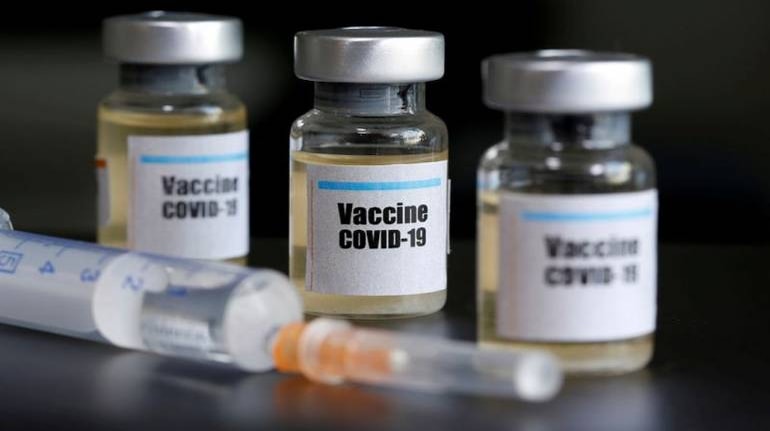The US Food and Drug Administration has said it wants at least two months of safety data before authorizing emergency use of any experimental coronavirus vaccine.
Reuters
Pfizer Inc said on October 16 it could apply for US emergency use of its COVID-19 vaccine candidate being developed along with Germany's BioNTech SE as soon as a safety milestone is achieved in the third week of November.
The US Food and Drug Administration has said it wants at least two months of safety data before authorizing emergency use of any experimental coronavirus vaccine.
Based on current trial enrollment and dosing pace, Pfizer expects to have that safety data in the third week of November, Chief Executive Officer Albert Bourla said in a statement.
Pfizer had said previously that it expected late-stage trial data in October.
Follow our full coverage of the coronavirus pandemic here.First Published on Oct 16, 2020 05:03 pm
